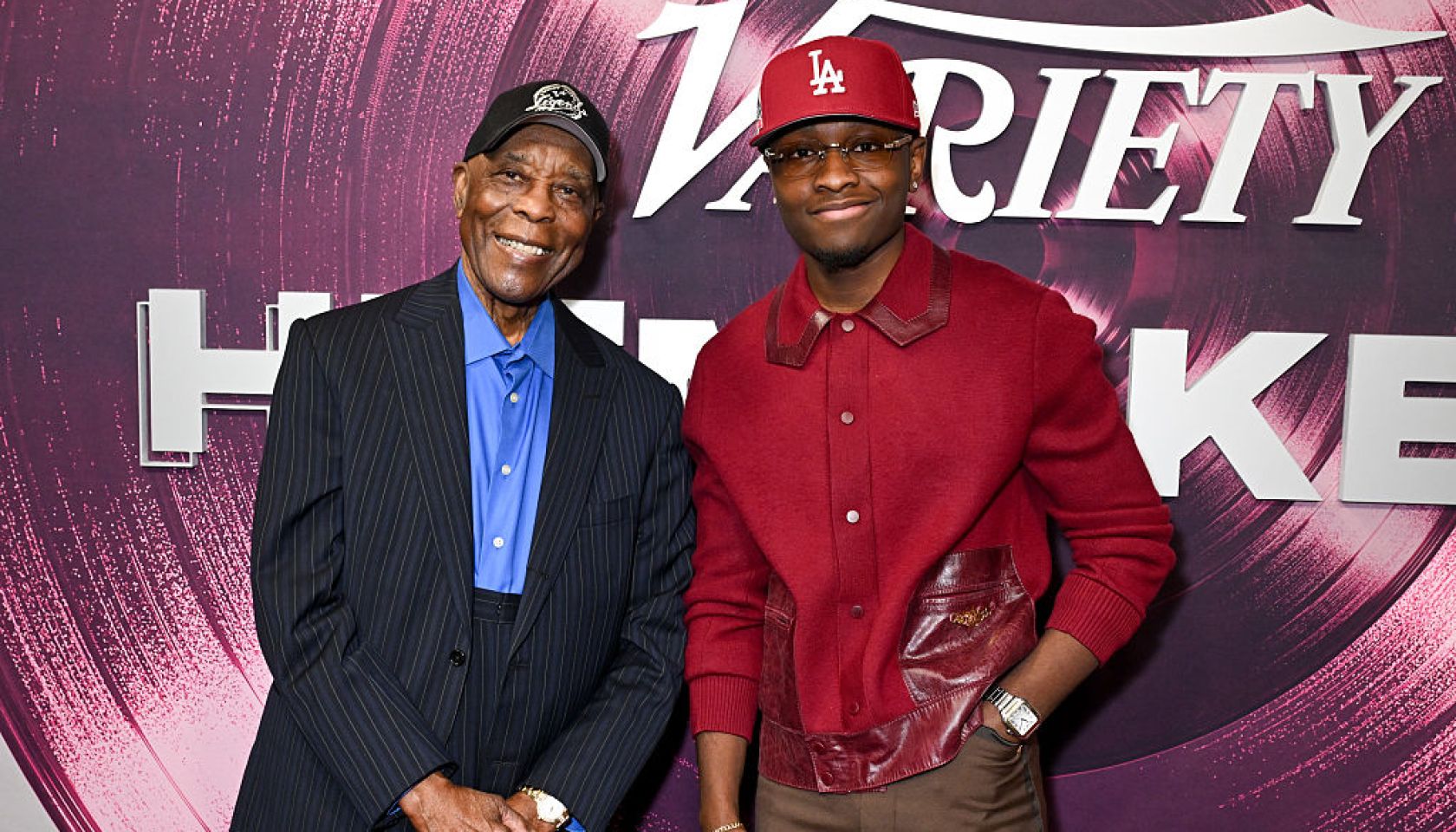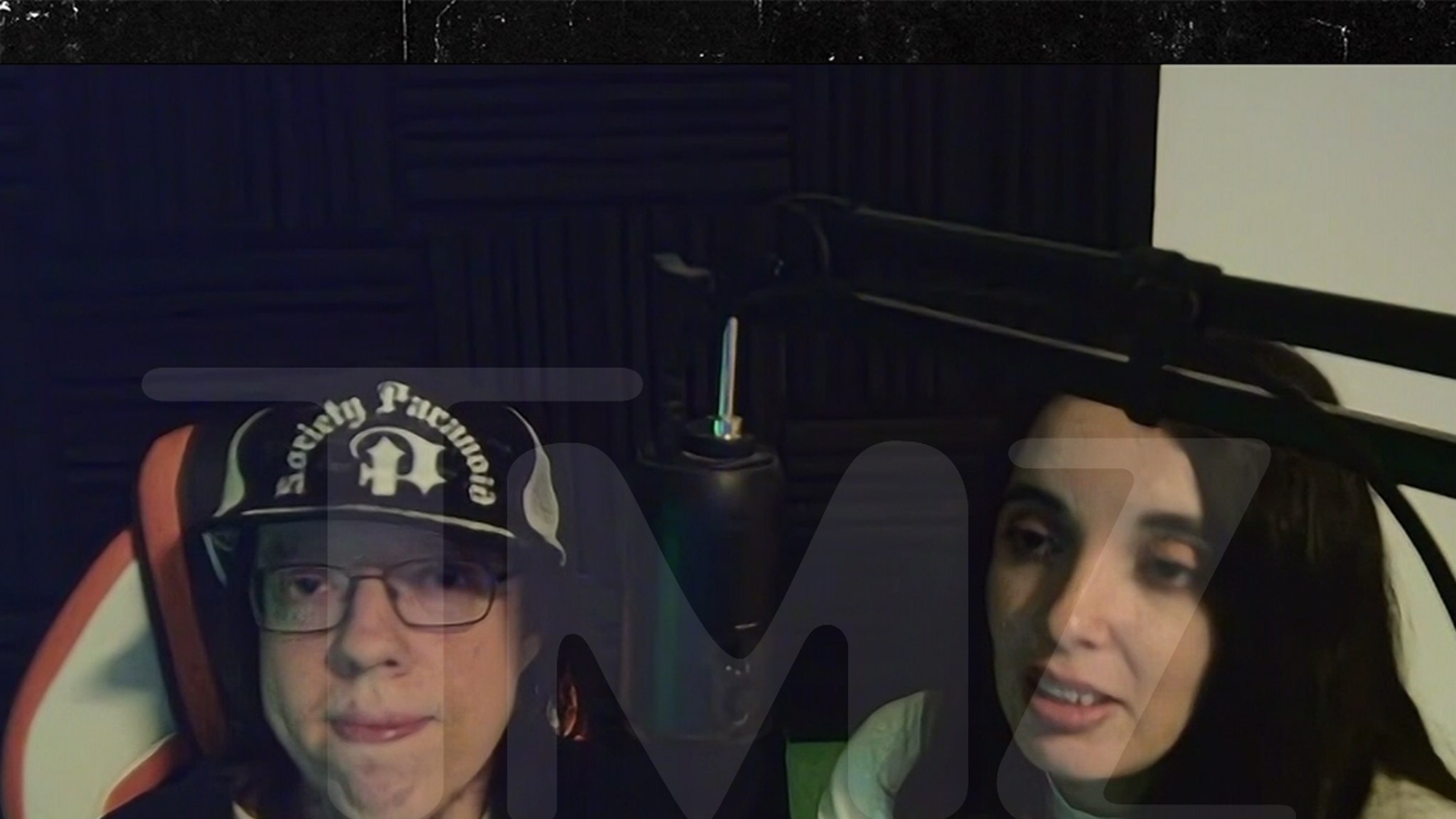On Tuesday, the Manhattan district attorney’s office announced it would delay Donald Trump’s sentencing in the hush money case.
According to CNN, this postponement aims to allow prosecutors the necessary time to address the anticipated motion from the president-elect to dismiss the charges. In a letter addressed to Judge Juan Merchan, the district attorney’s office also recognized that Trump shouldn’t receive a sentence “until after the end of Defendant’s upcoming presidential term.”
RELATED: Donald Trump Confirms On Day 1 Of Presidency He Will Declare National Emergency And Utilize U.S. Military To Conduct Mass Deportations
The news outlet also reported that a source close to the district attorney’s office indicated that they are open to a potential four-year delay in the case.
These recent developments mark a historic and unprecedented shift in Trump’s legal and political trajectory. Just a year ago, he was confronting four separate indictments. Now, as he gears up for a potential return to the White House, his legal team’s strategy to delay all proceedings until after the 2024 election has proven to be remarkably effective. The two federal cases are nearing resolution, the Georgia state case remains inactive, and the New York case is set to remain unresolved indefinitely without a sentencing.
In May, Trump was found guilty on 34 counts related to falsifying business records concerning payments made to his former lawyer, Michael Cohen. These payments were intended to reimburse Cohen for a $130,000 hush money disbursement to adult film actress Stormy Daniels, aimed at preventing her from discussing an alleged affair ahead of the 2016 election—a claim Trump has denied.
RELATED: UFC Champ Jon Jones Retains Heavyweight Title And Gives Title Belt To President-Elect Donald Trump After TKO Victory
In the correspondence to Judge Merchan, the Manhattan district attorney contended that the judge should not dismiss Trump’s conviction.
“No current law establishes that a president’s temporary immunity from prosecution requires dismissal of a post-trial criminal proceeding that was initiated at a time when the defendant was not immune from criminal prosecution and that is based on official conduct for which the defendant is also not immune,” the district attorney’s office wrote.







